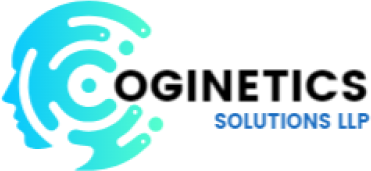our services
Analytics
Analytics in the context of software development and business refers to the process of collecting, processing, and analyzing data to gain insights and make informed decisions. There are various types of analytics used across different domains. Here are some key types of analytics and their applications:
Descriptive Analytics:
- Descriptive analytics involves summarizing historical data to understand what has happened in the past.
- It provides insights into trends, patterns, and relationships within the data.
- Examples: Reporting dashboards, charts, and visualizations.
Diagnostic Analytics:
- Diagnostic analytics focuses on identifying the root causes of past events or outcomes.
- It involves deeper analysis to understand why certain patterns or trends occurred.
- Examples: Root cause analysis, correlation analysis.
Predictive Analytics:
- Predictive analytics uses statistical models and machine learning algorithms to forecast future outcomes based on historical data.
- It helps in making data-driven predictions and optimizing decisions.
- Examples: Sales forecasting, demand prediction, risk assessment.
Prescriptive Analytics:
- Prescriptive analytics goes beyond predicting outcomes to recommend specific actions or decisions.
- It uses optimization and simulation techniques to provide actionable insights.
- Examples: Recommendation systems, optimization algorithms.
Business Intelligence (BI):
- Business Intelligence encompasses technologies, applications, and practices for collecting, integrating, and analyzing business data.
- BI tools enable users to create reports, dashboards, and data visualizations for decision-making.
- Examples: Tableau, Power BI, Qlik Sense.
Web Analytics:
- Web analytics focuses on analyzing website and user behavior data to optimize web performance and user experience.
- It provides insights into user demographics, traffic sources, conversion rates, and more.
- Examples: Google Analytics, Adobe Analytics.
Big Data Analytics:
- Big Data analytics deals with processing and analyzing large volumes of data (structured, unstructured, and semi-structured) to extract valuable insights.
- It involves distributed computing technologies and scalable data processing frameworks.
- Examples: Apache Hadoop, Spark, Elasticsearch.
Real-time Analytics:
- Real-time analytics involves processing and analyzing data as it is generated to enable immediate actions and responses.
- It is used in applications requiring low-latency data processing.
- Examples: Stream processing frameworks (Apache Kafka, Flink), real-time dashboards.
Analytics play a crucial role in optimizing business operations, improving customer experiences, enhancing decision-making processes, and driving innovation. The choice of analytics techniques and tools depends on the specific use case, data sources, and business objectives.
